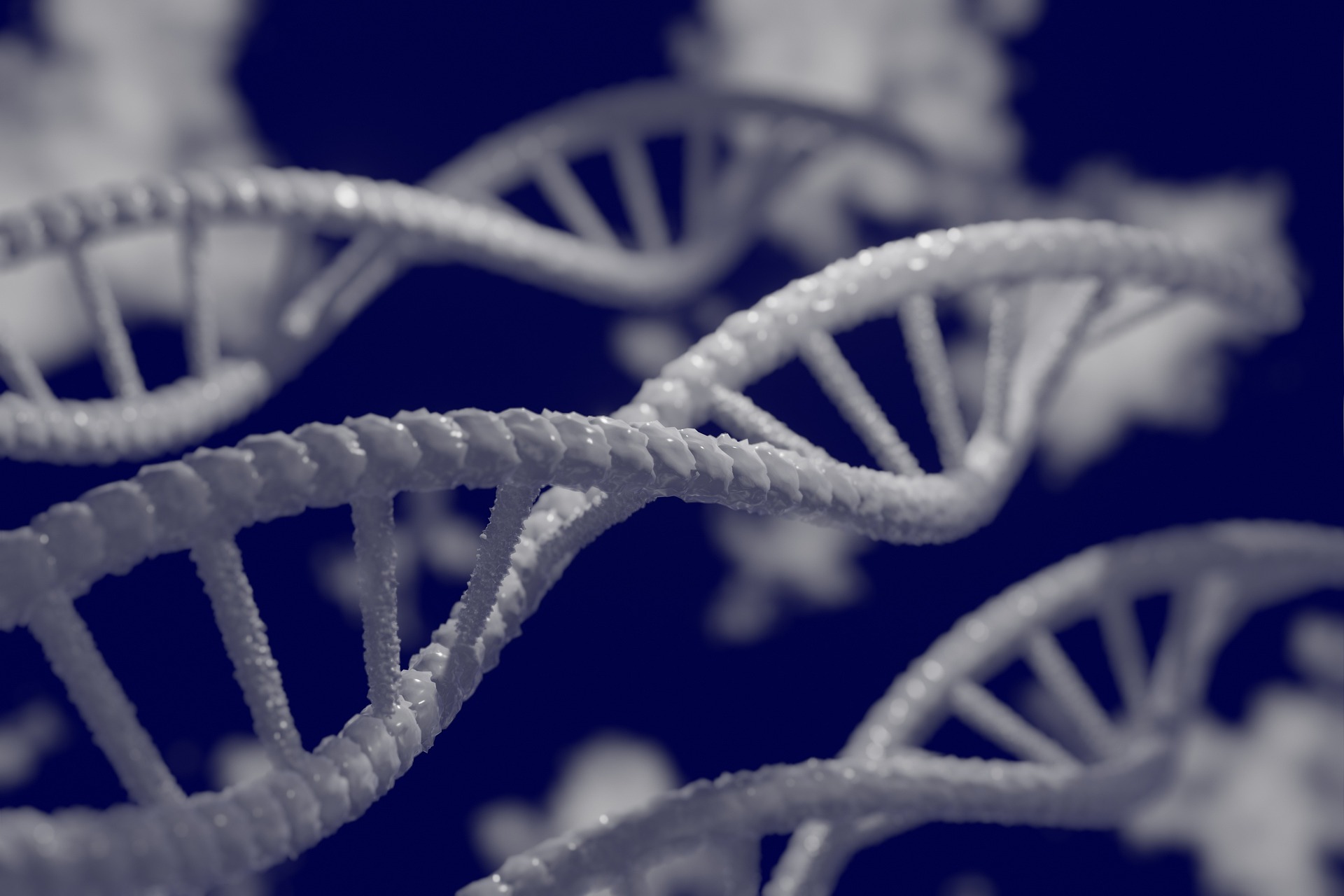Harnessing the Potential of Nutrigenomics for Personalized Wellness
Is your diet truly optimized for your unique genetic makeup? Imagine a world where your nutrition plan is tailored to your DNA, maximizing health benefits and minimizing risks. Welcome to the frontier of nutrigenomics, where cutting-edge science meets personalized nutrition, revolutionizing our approach to diet and well-being.

The foundations of nutrigenomics were laid in the early 2000s when the Human Genome Project was completed. This milestone provided researchers with the tools to investigate how genetic variations affect nutrient metabolism, absorption, and utilization. Since then, numerous studies have revealed that certain genetic polymorphisms can significantly impact an individual’s response to specific diets, nutrients, and food compounds.
Personalized Nutrition: Beyond One-Size-Fits-All
Traditional dietary guidelines have long followed a one-size-fits-all approach, assuming that general recommendations can benefit everyone equally. However, nutrigenomics challenges this notion by highlighting the importance of individual genetic differences in nutritional needs and responses.
For instance, research has shown that individuals with certain genetic variants may metabolize caffeine more slowly, increasing their risk of cardiovascular issues with high caffeine intake. Similarly, some people may have a genetic predisposition to lactose intolerance or gluten sensitivity, requiring tailored dietary adjustments. By understanding these genetic variations, nutrigenomics enables the creation of personalized nutrition plans that optimize health outcomes and minimize potential risks.
Key Applications of Nutrigenomics
Nutrigenomics has far-reaching implications for various aspects of health and wellness:
Weight Management
Genetic factors play a significant role in how our bodies process and store fat. Nutrigenomics can identify genetic variations that influence metabolism, appetite regulation, and fat storage. This information allows for the development of personalized weight management strategies that align with an individual’s genetic predispositions, potentially leading to more effective and sustainable results.
Chronic Disease Prevention
Certain genetic variants are associated with increased risk for chronic diseases such as type 2 diabetes, cardiovascular disease, and certain cancers. Nutrigenomics can help identify these risk factors and guide dietary interventions to mitigate them. For example, individuals with a genetic predisposition to high cholesterol may benefit from a diet rich in specific plant sterols and omega-3 fatty acids.
Optimal Athletic Performance
Athletes and fitness enthusiasts can leverage nutrigenomics to fine-tune their nutrition for peak performance. Genetic testing can reveal information about an individual’s muscle fiber composition, recovery potential, and nutrient utilization, allowing for tailored nutrition strategies that enhance athletic performance and reduce injury risk.
Nutrigenomics in Practice: From Lab to Table
The practical application of nutrigenomics typically involves several steps:
-
Genetic testing: A simple saliva or blood sample is analyzed to identify relevant genetic markers.
-
Data interpretation: Certified professionals interpret the genetic data, considering factors such as lifestyle, environment, and health goals.
-
Personalized recommendations: Based on the genetic analysis, tailored dietary and lifestyle recommendations are created.
-
Ongoing monitoring and adjustment: As the field of nutrigenomics evolves and new research emerges, recommendations can be refined and updated.
While nutrigenomics holds immense promise, it’s important to note that genes are just one piece of the puzzle. Environmental factors, lifestyle choices, and overall diet quality still play crucial roles in health outcomes. Nutrigenomic recommendations should be integrated into a holistic approach to wellness, considering all aspects of an individual’s health and lifestyle.
Ethical Considerations and Future Directions
As with any emerging technology involving genetic information, nutrigenomics raises important ethical considerations. Privacy concerns, data protection, and the potential for genetic discrimination are critical issues that need to be addressed as the field advances. Additionally, ensuring equitable access to nutrigenomic technologies and avoiding exacerbation of health disparities are crucial challenges for the scientific community and policymakers.
Looking ahead, the future of nutrigenomics is bright. Ongoing research is uncovering new gene-nutrient interactions and refining our understanding of how dietary choices influence gene expression. Advancements in artificial intelligence and machine learning are expected to enhance the interpretation of complex genetic data, leading to even more precise and effective personalized nutrition strategies.
Practical Tips for Embracing Nutrigenomics
• Consult with a certified nutritionist or healthcare provider before undergoing genetic testing for nutritional purposes
• Be cautious of direct-to-consumer genetic tests that provide dietary advice without professional interpretation
• Remember that genetic predispositions are not definitive – lifestyle and environmental factors play significant roles in health outcomes
• Stay informed about the latest research in nutrigenomics through reputable scientific sources
• Consider keeping a food diary to track how different foods affect your personal well-being, which can complement genetic insights
In conclusion, nutrigenomics represents a paradigm shift in our approach to nutrition and health. By harnessing the power of genetic information, we can move towards truly personalized nutrition strategies that optimize well-being and prevent disease. While the field is still evolving, the potential for nutrigenomics to revolutionize public health and individual wellness is undeniable. As we continue to unravel the complex interplay between our genes and our diet, we edge closer to a future where optimal health is tailored to our unique genetic blueprint.





